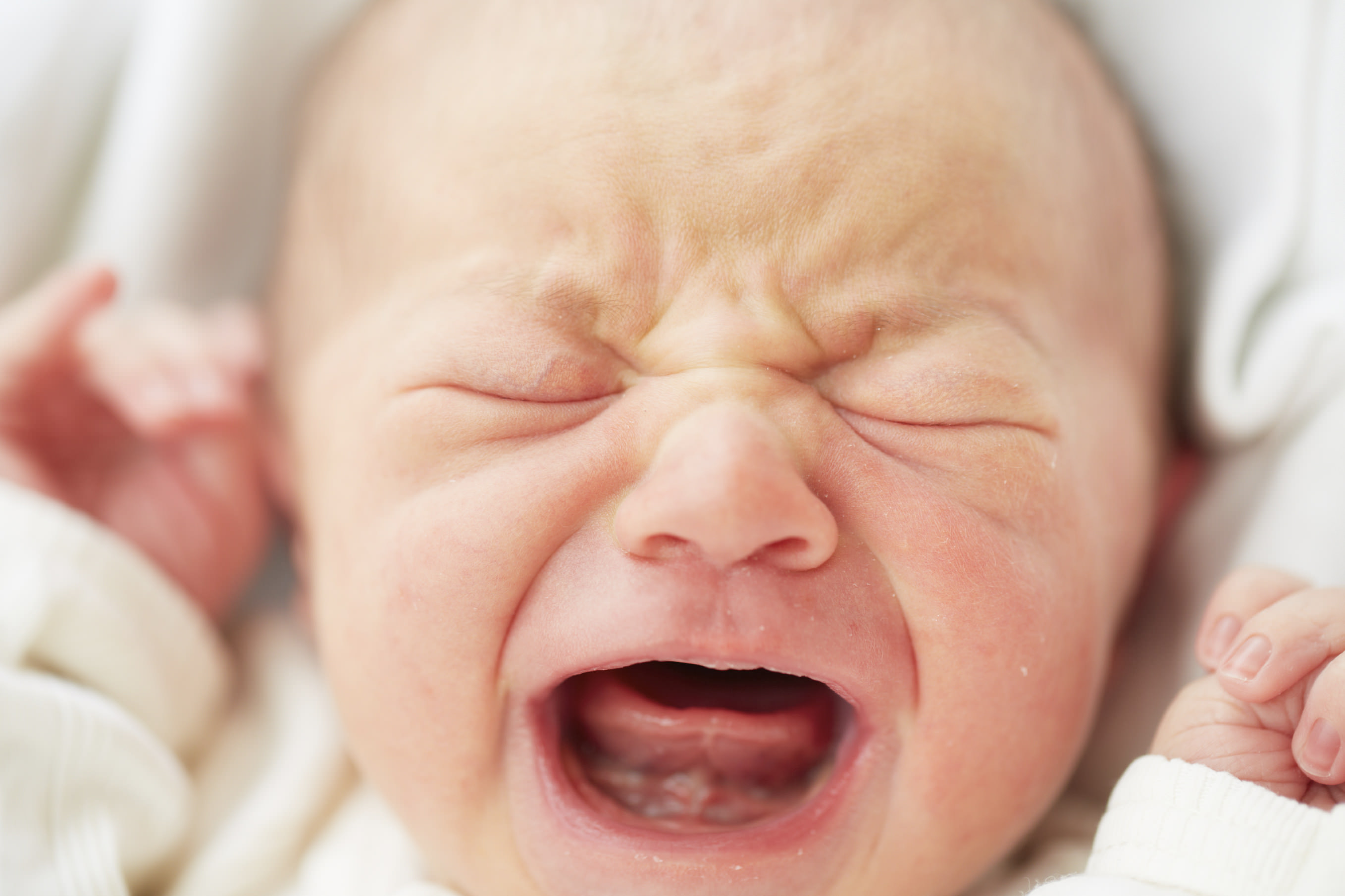It’s normal to flit between concern and frustration when you’ve got a wailing baby on your hands. This, unfortunately, is the reality of colic—upsetting for parents and baby alike. So what’s a parent to do? As long as you’ve ruled out the other possible causes of your baby’s crying and fussiness, like hunger, a dirty diaper, or illness, then chances are it is colic. To be sure, your doctor will rely on what is known as the “rule of threes”, which refers to a healthy infant that cries during their first three months for at least three hours a day on at least three days of the week.

What You Can Do
There are several things that a parent can do when it comes to dealing with a colicky baby:
- Hold your baby upright after feedings. Holding your baby in an upright position for at least thirty minutes after feeding may help ease acid reflux which may be responsible for some of your baby’s discomfort.
- Being held in your arms makes your baby feel comforted and safe. Contrary to popular belief; picking up your baby when he or she is crying will not leave you with a spoiled baby on your hands.
- Not only is your touch soothing, but gently massaging your baby’s tummy can also help relieve trapped gas.
- It is believed that babies with colic are more sensitive to the environment around them. Swaddling them in a blanket keeps them warm and feeling secure.
- Good vibrations. Many babies are soothed by gentle vibrations. To help soothe them and lull your baby to sleep, take them for a walk around in the block in the stroller, a short drive in the car, or place them in a vibrating baby chair.
Colic Treatments
Babies generally grow out of colic somewhere around the age of 3 months. There are some treatments that may help sooth your baby. Over the counter gas medications are often what mothers turn to first, but these have proven to be of little to no use for soothing colicky babies.
Some other options worth considering include:
- Probiotics help maintain the natural balance in the digestive tract. The good bacteria in our digestive tract help keep us healthy. Babies with colic may have an imbalance of these helpful bacteria that can be treated with probiotics.
- Gripe water. This natural remedy has been used for over 100 years to treat digestive upset associated with colic and gassiness. Gripe water offers a gentle and natural alternative to medications.
Even though your baby’s bout with colic will have to run its course, these suggestions may provide them—and you—with some much needed relief.
Take Care of You
It’s perfectly normal to feel helpless and even guilty when your baby is constantly crying. Colic can be just as hard on parents, so it’s important to take care of yourself, too. Remember that this is just a phase and that this period of wailing and fussing will stop. Using a colic calculator to estimate when your baby’s colic will end may make it a little easier to bear.
Finally, ask for help when you need to and be sure that you’re getting enough rest. Being well-rested will make it easier for you to deal with your baby’s fussiness and crying. Getting a break even just for a short while can help you recharge.











